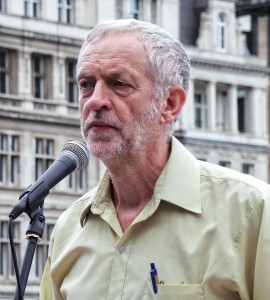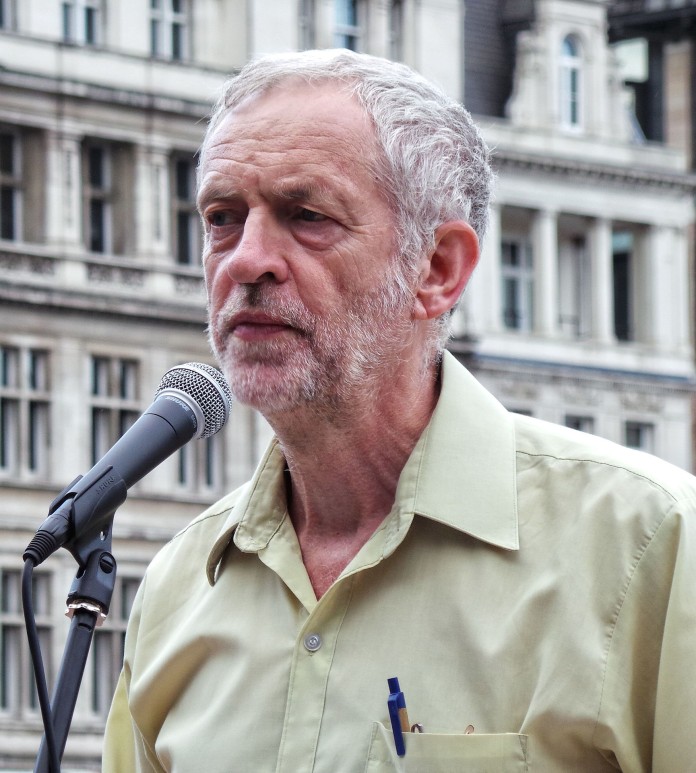What fun it was to watch the Twitter stream light up like a Christmas Tree as news broke over the weekend of the Jeremy Corbyn win in the British Labour Party leadership ballot. One could almost picture the tweeters joining hands in a digital circle to sing “Let the sun shine in” in homage to the second com ing of the Age of Aquarius, as Corbyn took on messianic status – at least in the Twitter-sphere. Among the numerous outpourings of glee in 140 characters, my personal favourite went something like this – “this proves we Socialists can fight an election and win.” All typed and tweeted off seemingly without a hint of irony. One was tempted to reply by noting that the triumphant Socialists had actually won nothing more than an internal ballot in the context of their own political party. The general election, when the public get to have their say, was something of a loss by all accounts. But emotions were raw, and after their battering in the election that actually counts, the right thing to do seemed to smile and ignore.
ing of the Age of Aquarius, as Corbyn took on messianic status – at least in the Twitter-sphere. Among the numerous outpourings of glee in 140 characters, my personal favourite went something like this – “this proves we Socialists can fight an election and win.” All typed and tweeted off seemingly without a hint of irony. One was tempted to reply by noting that the triumphant Socialists had actually won nothing more than an internal ballot in the context of their own political party. The general election, when the public get to have their say, was something of a loss by all accounts. But emotions were raw, and after their battering in the election that actually counts, the right thing to do seemed to smile and ignore.
The Labour love in didn’t last long however. It took only a day after the Corbyn win for the first extended obituary for British Labour to appear. A catastrophe, wrote Dan Hodges, not only for the party, but for Britain; a regression to the politics of activism; an unelectable leader. Poor old Dan’s anguish virtually leaped off the page.
“Jeremy Corbyn’s opponents can’t begin to picture Jeremy Corbyn as prime minister. Jeremy Corbyn’s own cheerleaders can’t begin to picture Jeremy Corbyn as prime minister. Even Jeremy Corbyn can’t begin to picture Jeremy Corbyn as prime minister. How in God’s name are the voters supposed to picture it?”
Source: The day the Labour Party died










